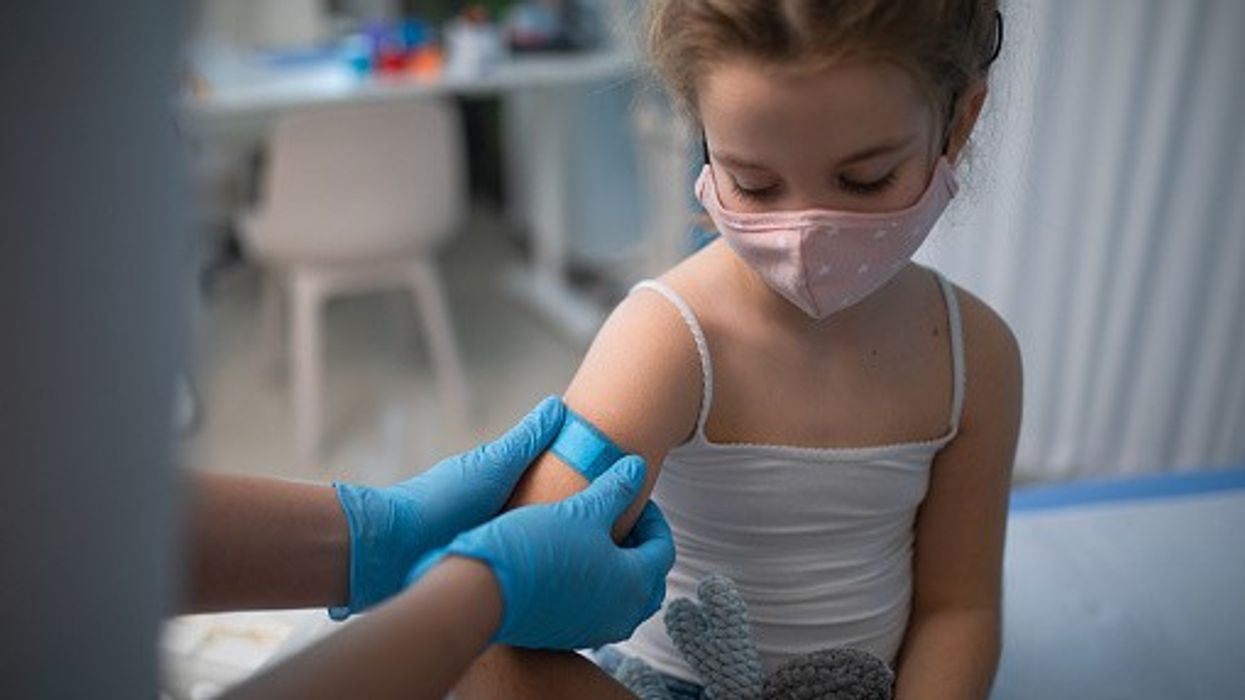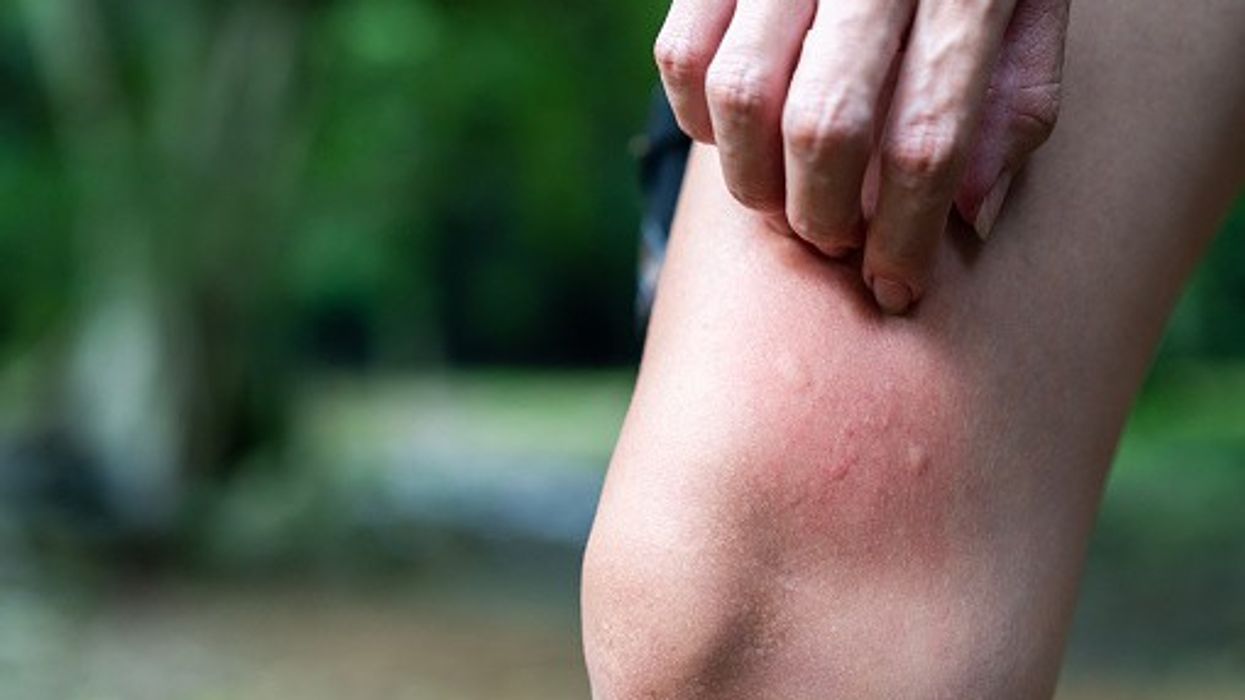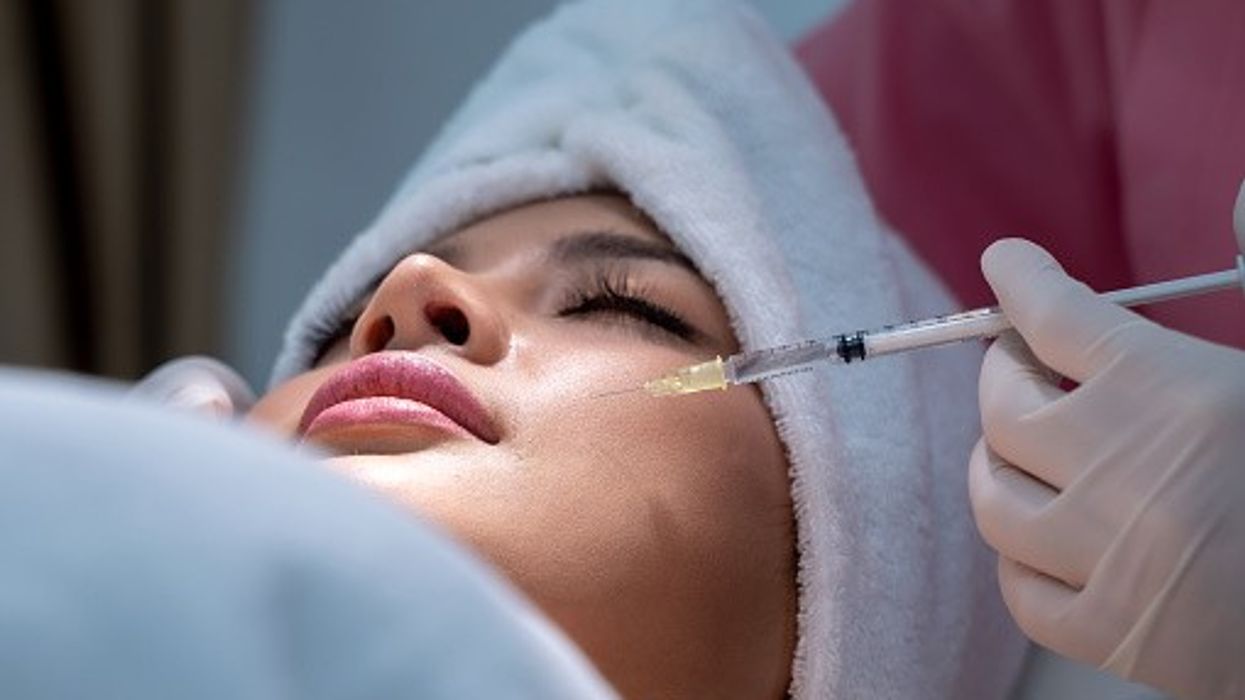Key Summary
- In a recent survey in Scotland, 29 per cent claimed they or their family members had to use private care
- Among those who availed private care, 64 per cent said it was because of long NHS waiting lists
- Around 43 per cent said their likelihood of using private healthcare had increased in the past few years
A recent survey done on behalf of BMA Scotland has found that long NHS waiting lists were forcing Scots to consider private care.
The survey, conducted by Diffley Partnership, found that almost a third of Scots (29 per cent) claimed they or someone else from their household had to use private care in the past two years.
Among those who availed private care, 64 per cent said it was because of long NHS waiting lists.
To foot the private medical care expenses, 45 per cent said they had to use their personal savings, and 20 per cent claimed they had forgo leisure activities.
Another 9 per cent had to cut back on essential items such as energy and groceries, while 9 per cent had to borrow money.
Nearly half (46 per cent) of those who did not use private care in the past two years said it was because they could not afford it.
Around 43 per cent said their likelihood of using private healthcare had increased in the past few years.
The Diffley Partnership had collated this data after approaching 1,203 people between May 30 to June 4 this year.
BMA Scotland chair Dr Iain Kennedy is expected to raise the issue at the BMA’s 2025 Annual Representative Meeting in Liverpool.
Kennedy has been warning the government about BMA Scotland's woes.
During his New Year statement, he had said that the "time for words had passed" and that in 2025, there must be "action in the form of reform".
Scottish Labour has termed the survey findings as a "scandal" and hit out at the Scottish National Party for the mess.
The party's health spokesperson, Jackie Baillie, said the present regime has left too many Scots without free and available healthcare in their hour of need.
The Scottish Conservatives blamed the SNP for "chronic mismanagement" of the NHS.
Health Secretary Neil Gray said his government will protect the founding principles of the NHS and recognise the concerns raised by the BMA.
He assured that the government will reform the NHS to provide quality care for everyone.












